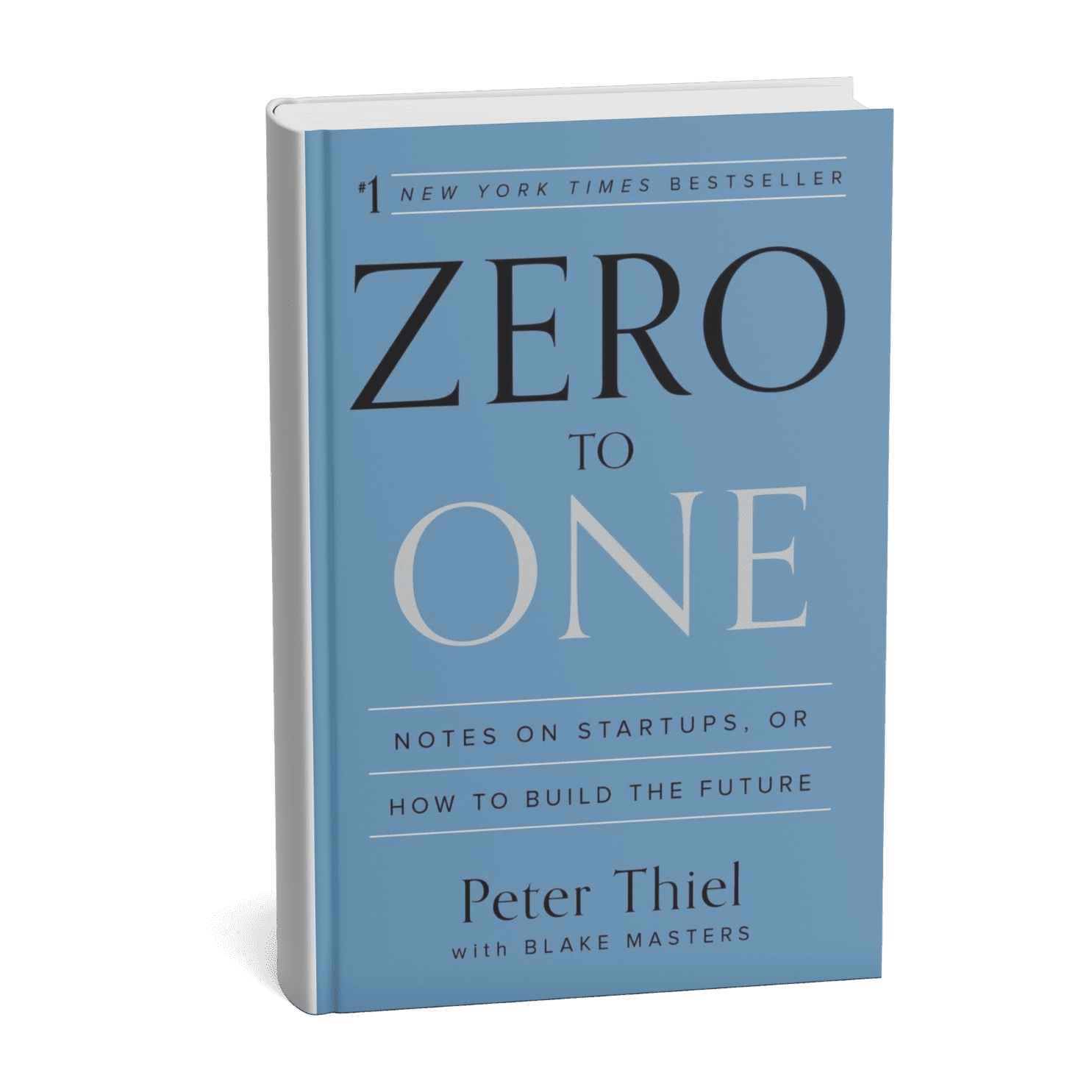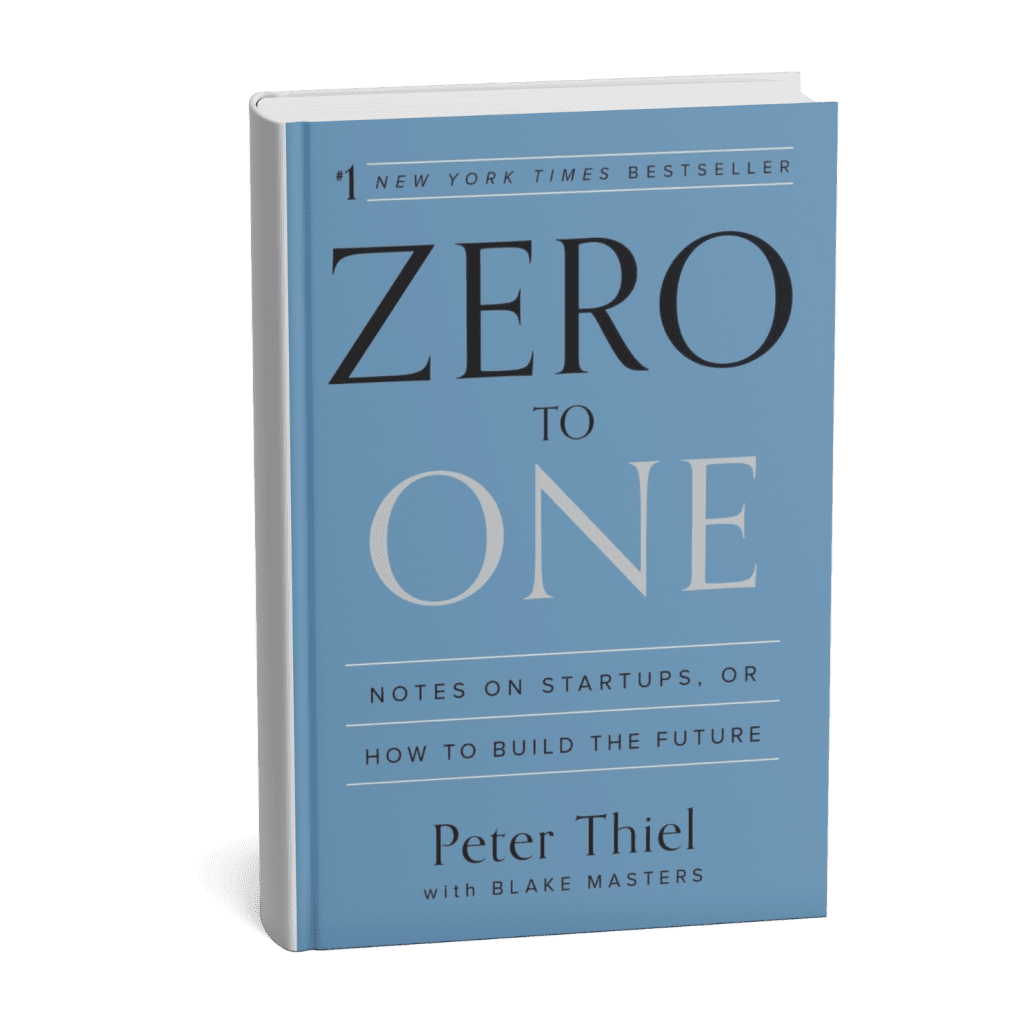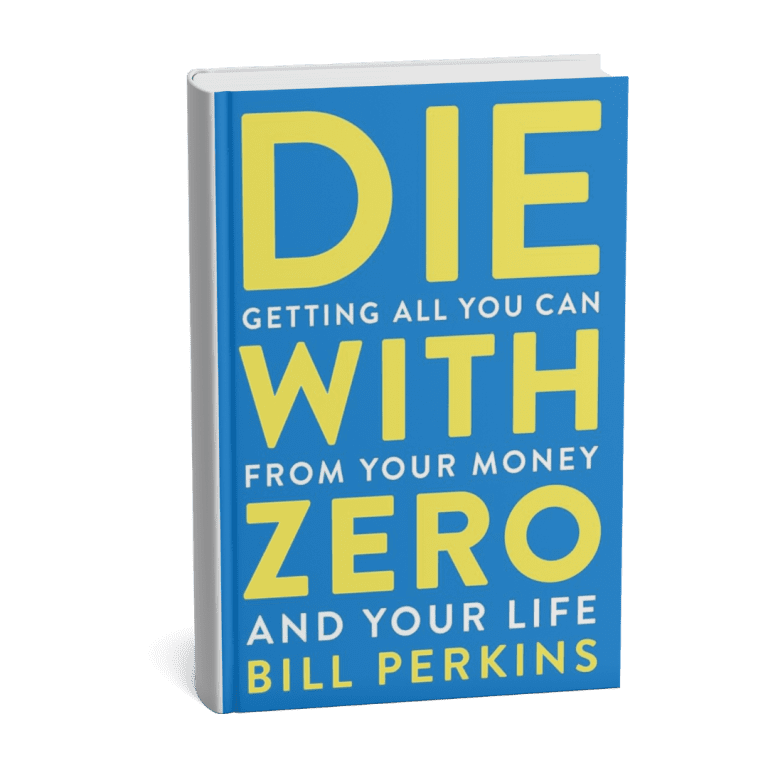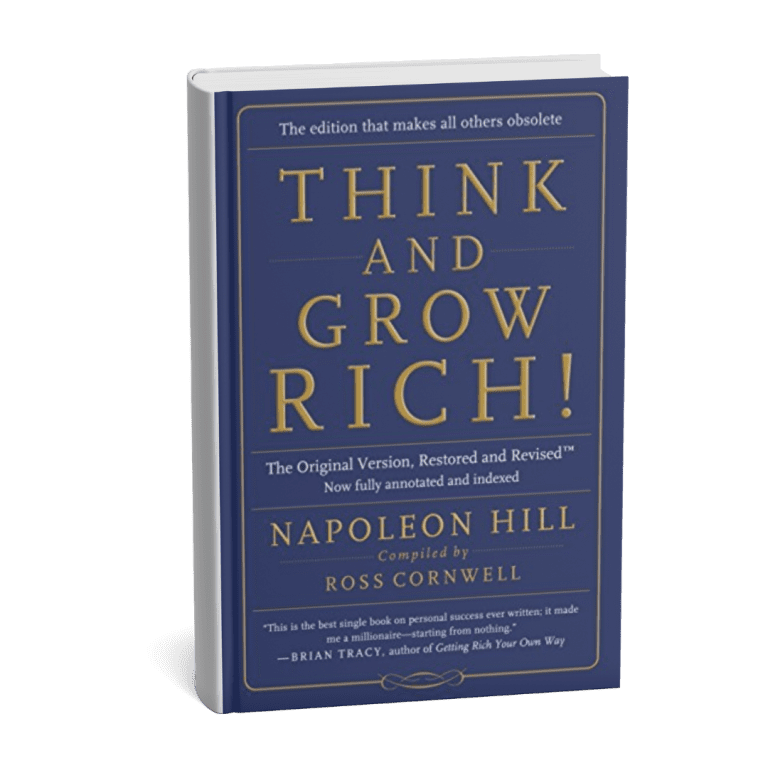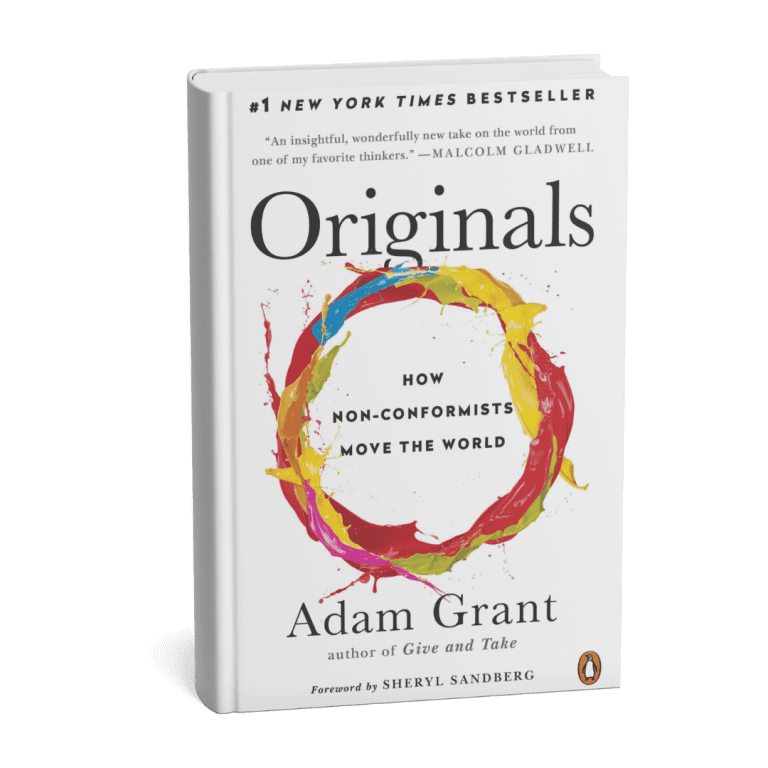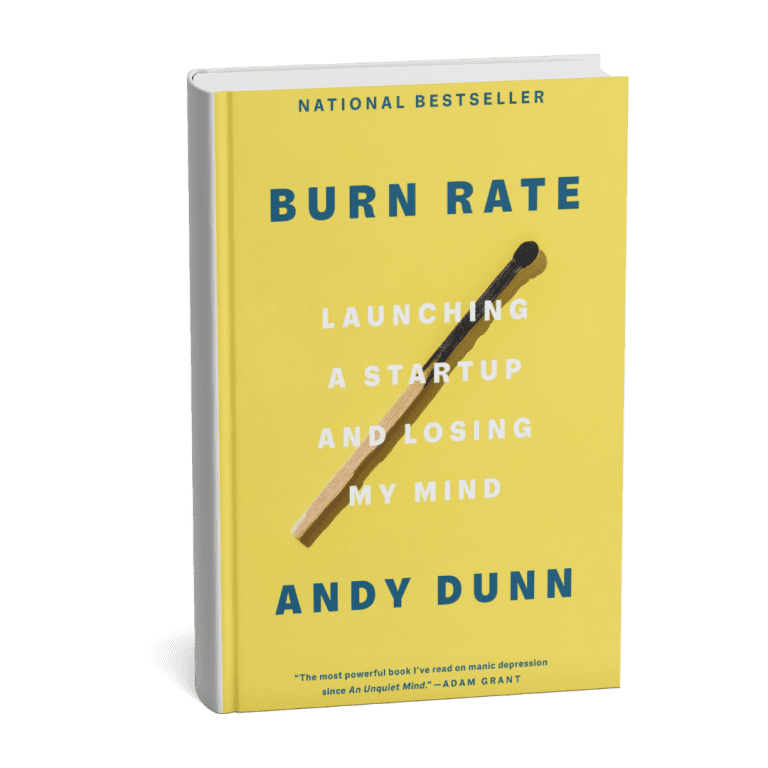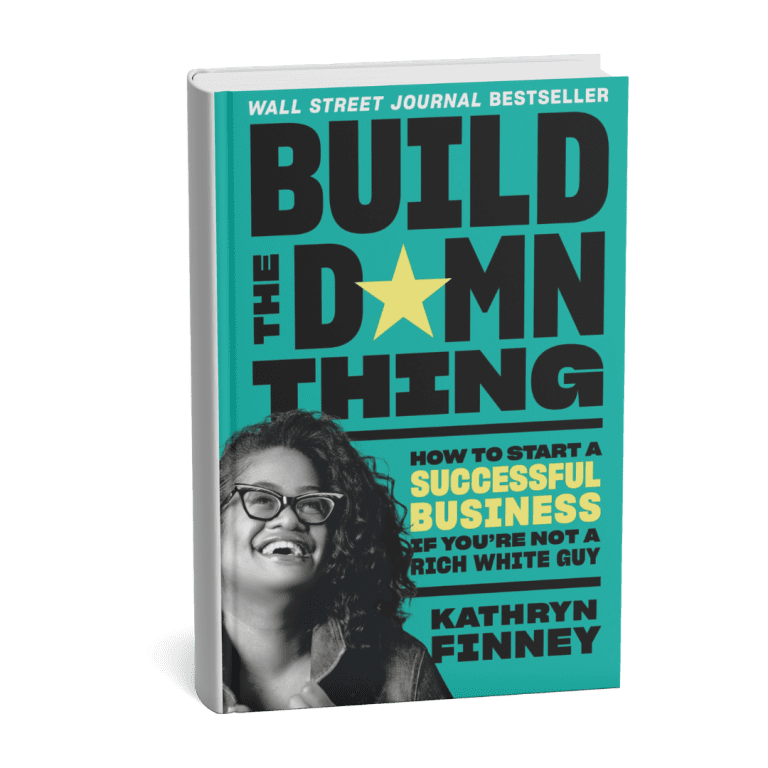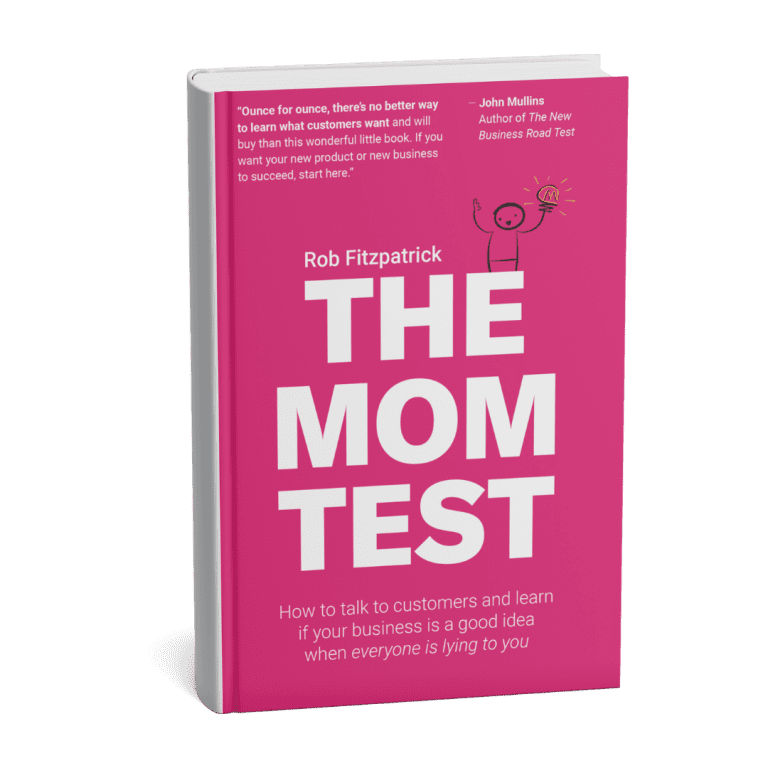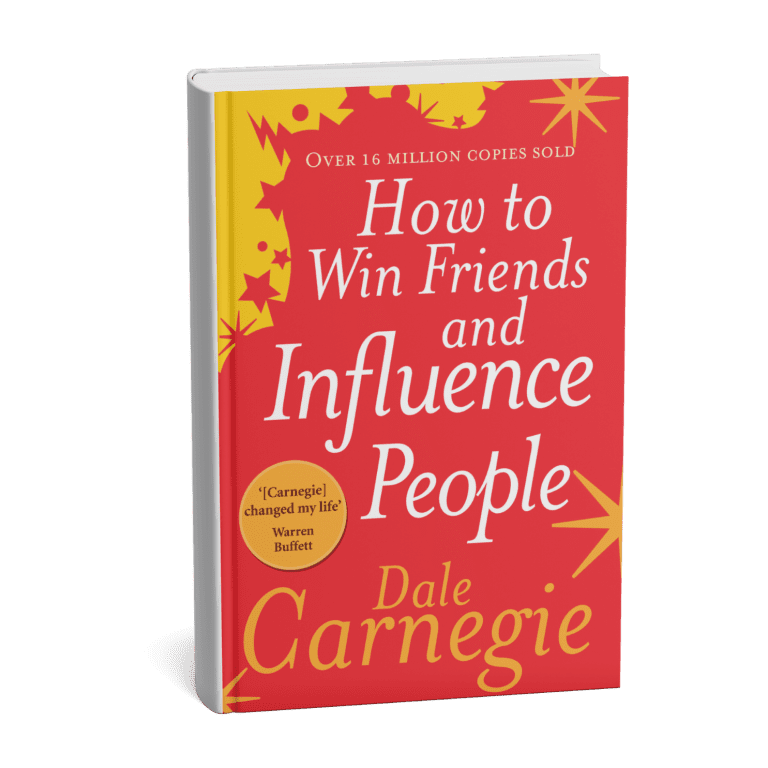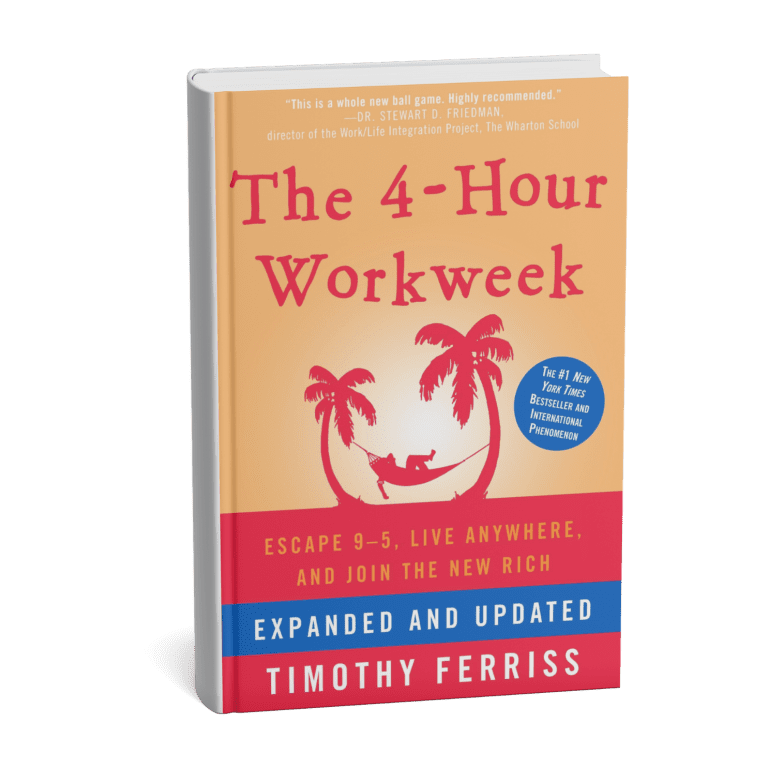In “Zero to One,” entrepreneur and investor Peter Thiel presents a provocative and insightful framework for innovation. Drawing from his experiences founding PayPal and investing early in Facebook, Thiel argues that progress comes not from incremental improvements (going from 1 to n) but from bold leaps—creating something entirely new (going from 0 to 1).
At its core, the book challenges entrepreneurs to pursue vertical progress through innovation rather than horizontal expansion through imitation. Thiel warns against the trap of competition, which he sees as destructive. Instead, he advocates for building monopolies—companies that create and dominate new markets.
Thiel outlines the key characteristics of successful startups:
- Proprietary Technology: Your product must be at least 10x better than the closest alternative to create a real monopoly.
- Network Effects: The product becomes more valuable as more people use it (e.g., Facebook).
- Economies of Scale: Start small but plan for dominance.
- Branding: A strong brand is the result, not the cause, of a great product.
He also emphasizes the importance of definite optimism—the belief that the future can be known and improved by planning and effort. This mindset is contrasted with indefinite optimism (hoping things will improve without a plan) and pessimism (expecting things to get worse).
The book critiques conventional startup culture. Thiel discourages the lean startup ethos of rapid iteration and MVPs when it leads to aimlessness. Instead, he calls for clarity of vision and long-term thinking. Founders should focus on secrets—undiscovered truths about how the world works—and build their ventures on those insights.
“Zero to One” is also deeply philosophical. Thiel touches on topics like globalization vs. technology, the stagnation of innovation, and the role of founders as visionaries. The book is as much a manifesto as it is a practical guide.
